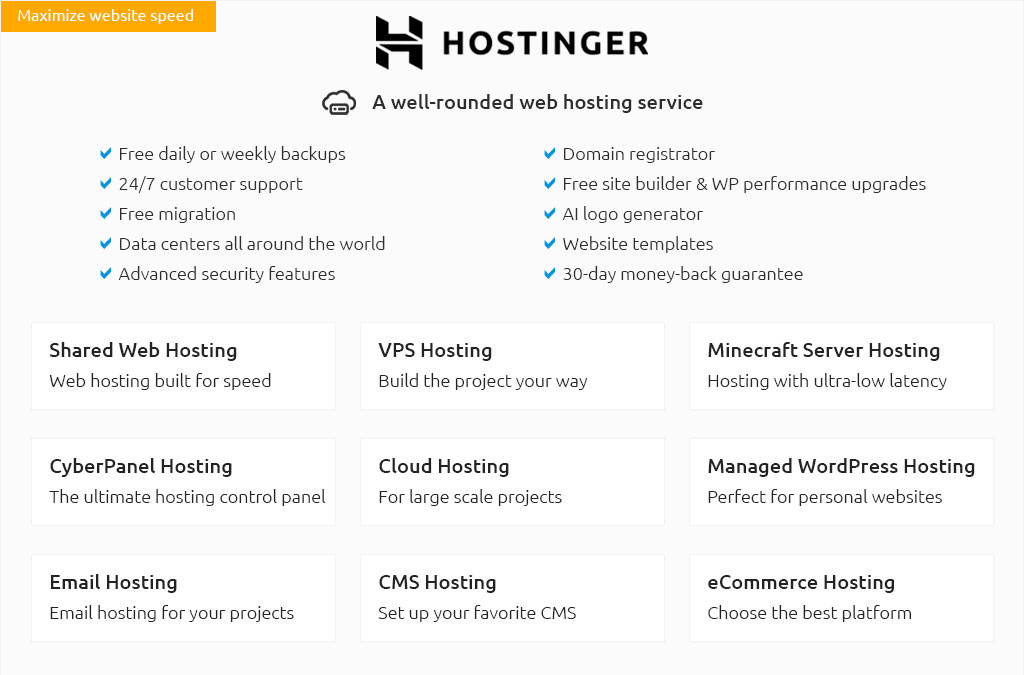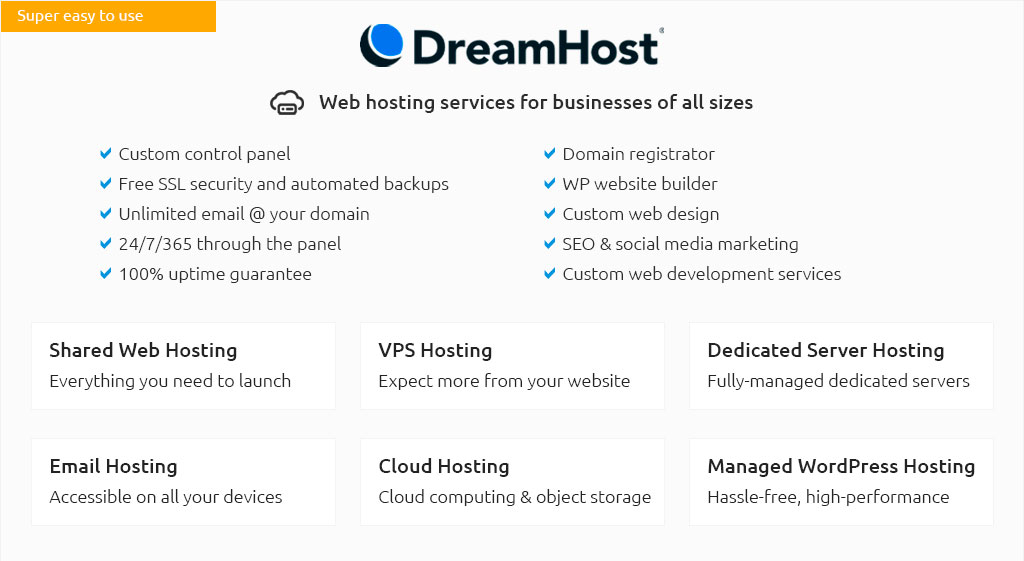 |
|||
 |
 |
 |
|
 |
|
 |
 |
 |
|||
 |
|||
 |
|||
 |
|||
 |
|||
 |
|||
 |
 |
The Best Way to Host a Website: Understanding Your OptionsChoosing the best way to host a website is crucial for ensuring a seamless online presence. This guide explores various hosting options, helping you make an informed decision based on your specific needs. Shared HostingShared hosting is a popular choice for beginners due to its affordability and ease of use. It's like renting a room in a house with other residents, where you share resources. Pros of Shared Hosting
Cons of Shared Hosting
VPS HostingVirtual Private Server (VPS) hosting offers a middle ground between shared and dedicated hosting. It provides more control and resources. Benefits of VPS Hosting
Considerations for VPS Hosting
Dedicated HostingDedicated hosting provides an entire server for your website, offering unparalleled performance and control. Advantages of Dedicated Hosting
Challenges of Dedicated Hosting
When considering how to migrate website to new host, understanding these hosting types can help determine the best fit for your needs. Cloud HostingCloud hosting uses a network of virtual servers to host your website, offering flexibility and reliability. Key Features of Cloud Hosting
Cloud hosting is also a great choice when considering email and website hosting due to its robust infrastructure. Frequently Asked QuestionsWhat is the cheapest way to host a website?Shared hosting is generally the cheapest way to host a website, offering basic features at a low cost. How does cloud hosting differ from VPS hosting?Cloud hosting uses a network of virtual servers to provide scalable and reliable hosting, whereas VPS hosting offers dedicated resources on a single server. Is dedicated hosting suitable for small businesses?Dedicated hosting is typically more suited to larger businesses with high traffic needs, due to its higher cost and resource allocation. https://forum.freecodecamp.org/t/how-to-host-websites-for-free/664429
For hosting front-end projects, GitHub Pages is indeed a popular choice and often recommended due to its simplicity and integration with Git. https://www.youtube.com/watch?v=f8UNcMCbhk0
2:43 Go to channel How to Host a WordPress Website for Free? Best Free web hosting for WordPress and dynamic websites. https://www.elegantthemes.com/blog/business/how-to-host-a-website
One of the best hosting solutions is cloud hosting. It's different than others, as all of a website's files are served from a series of web servers hosted in ...
|